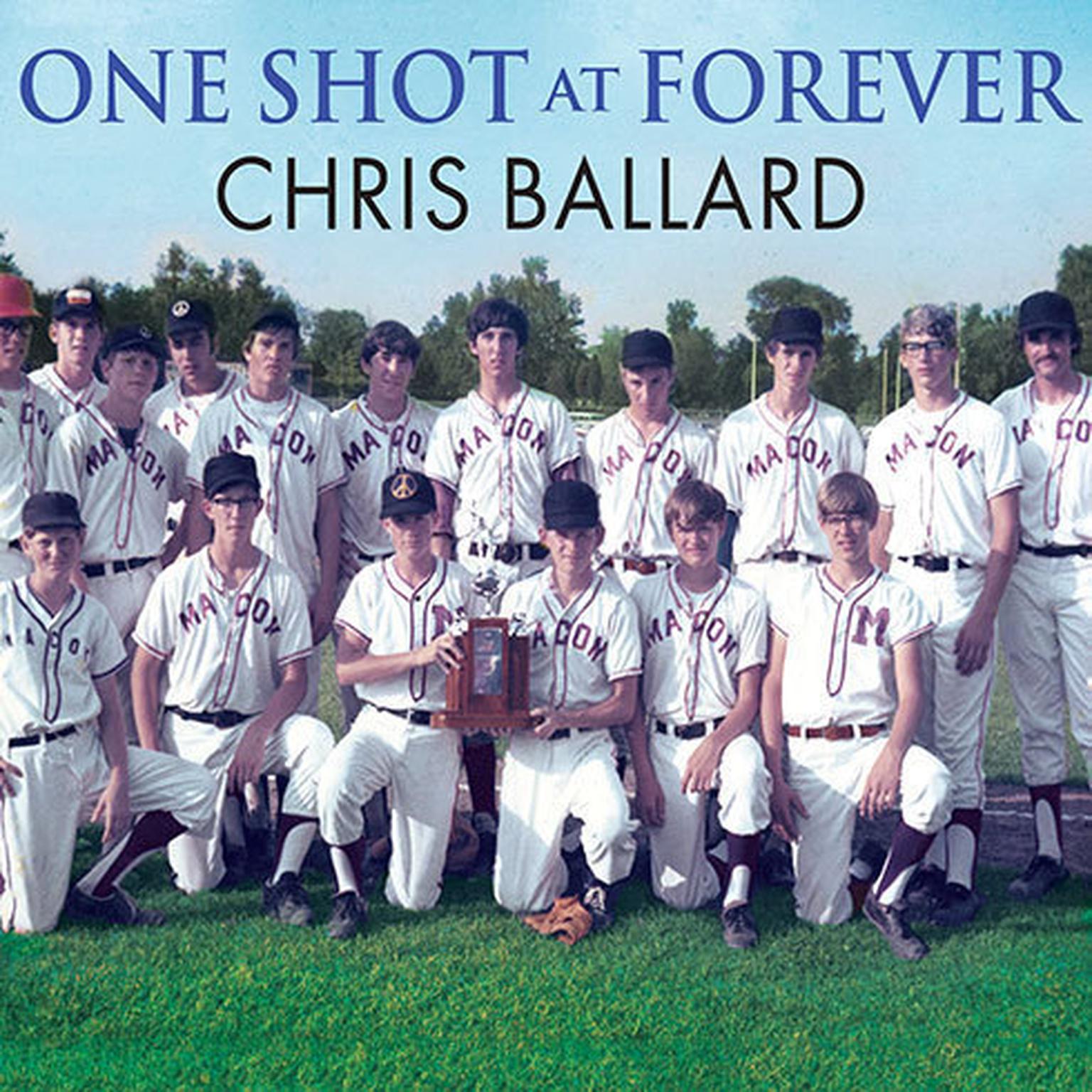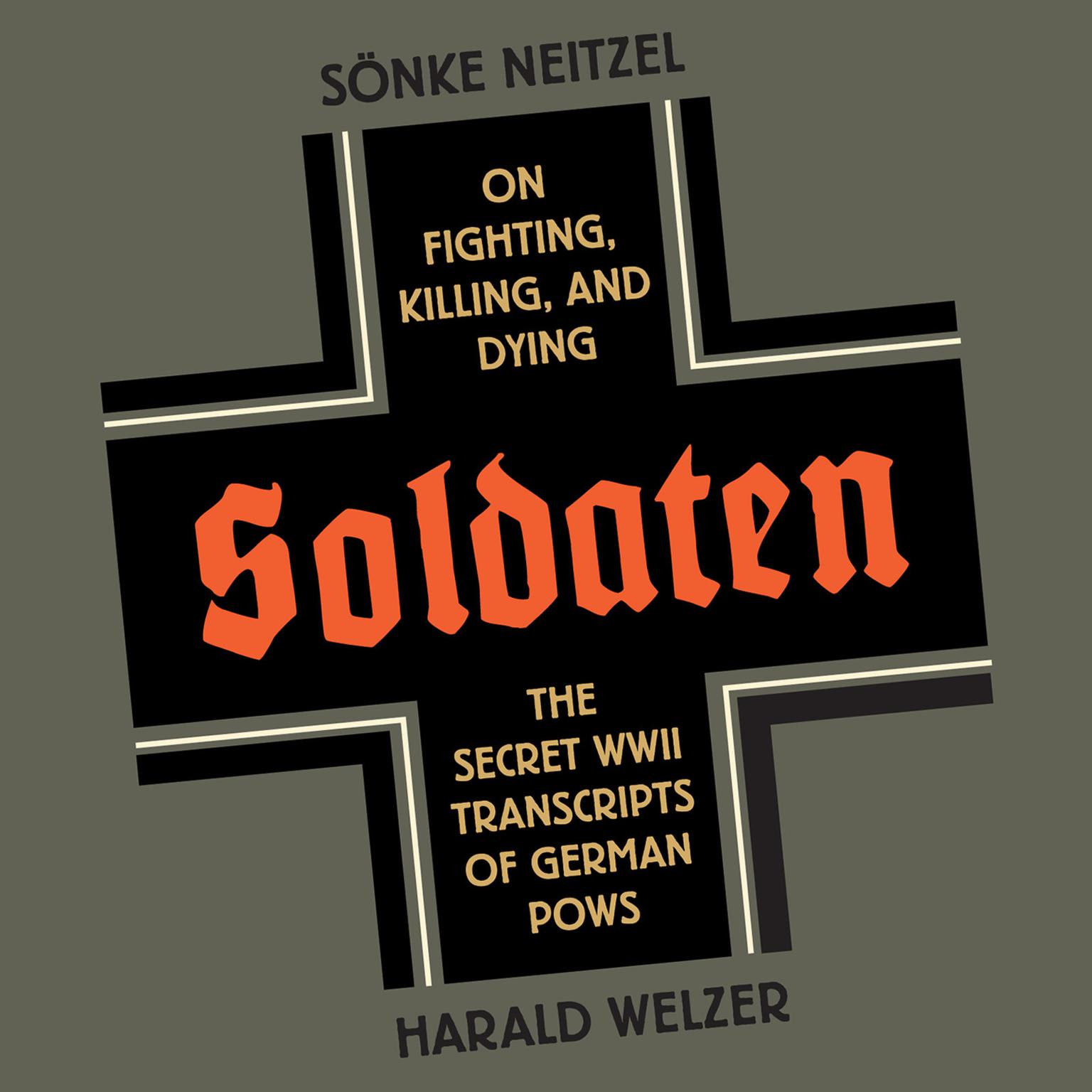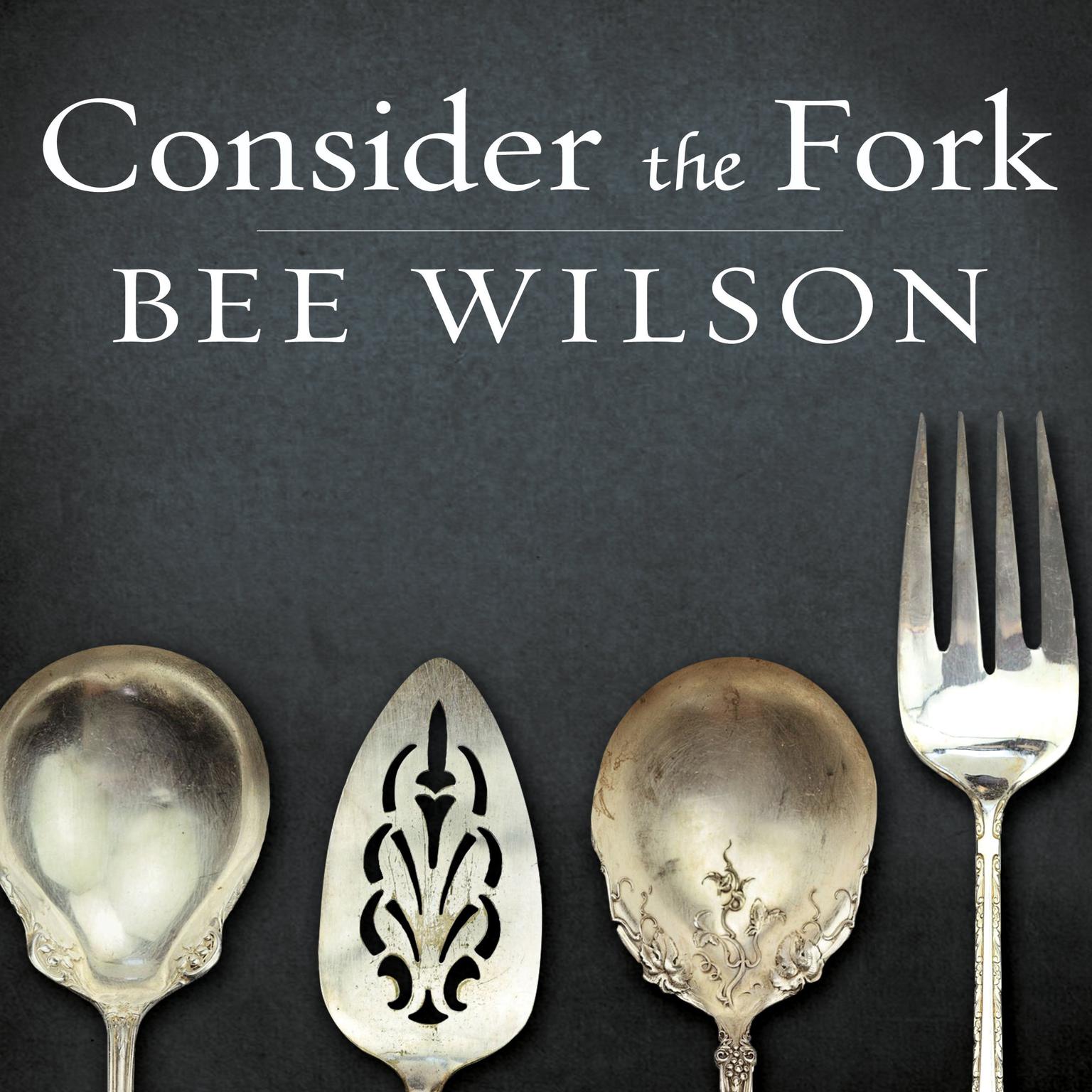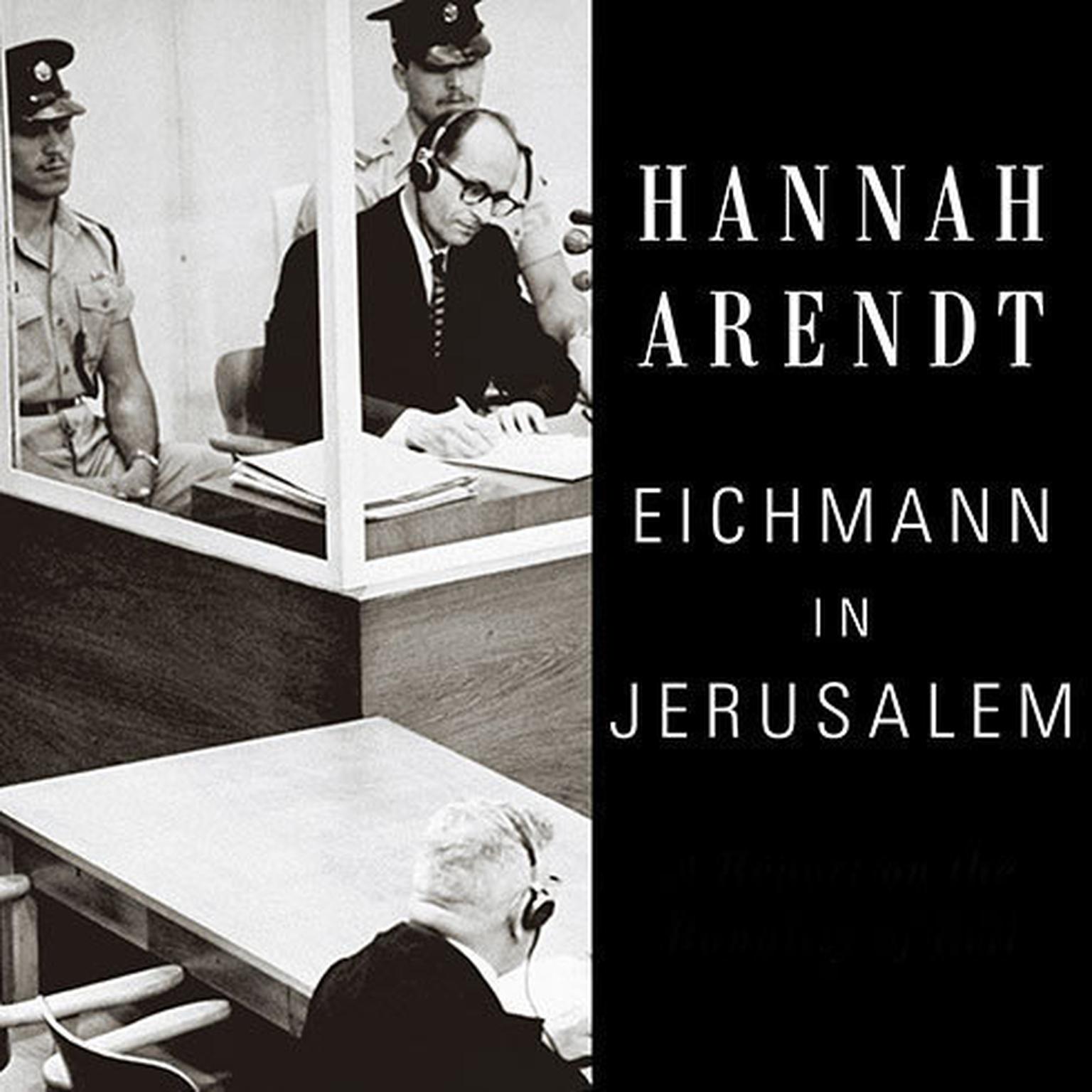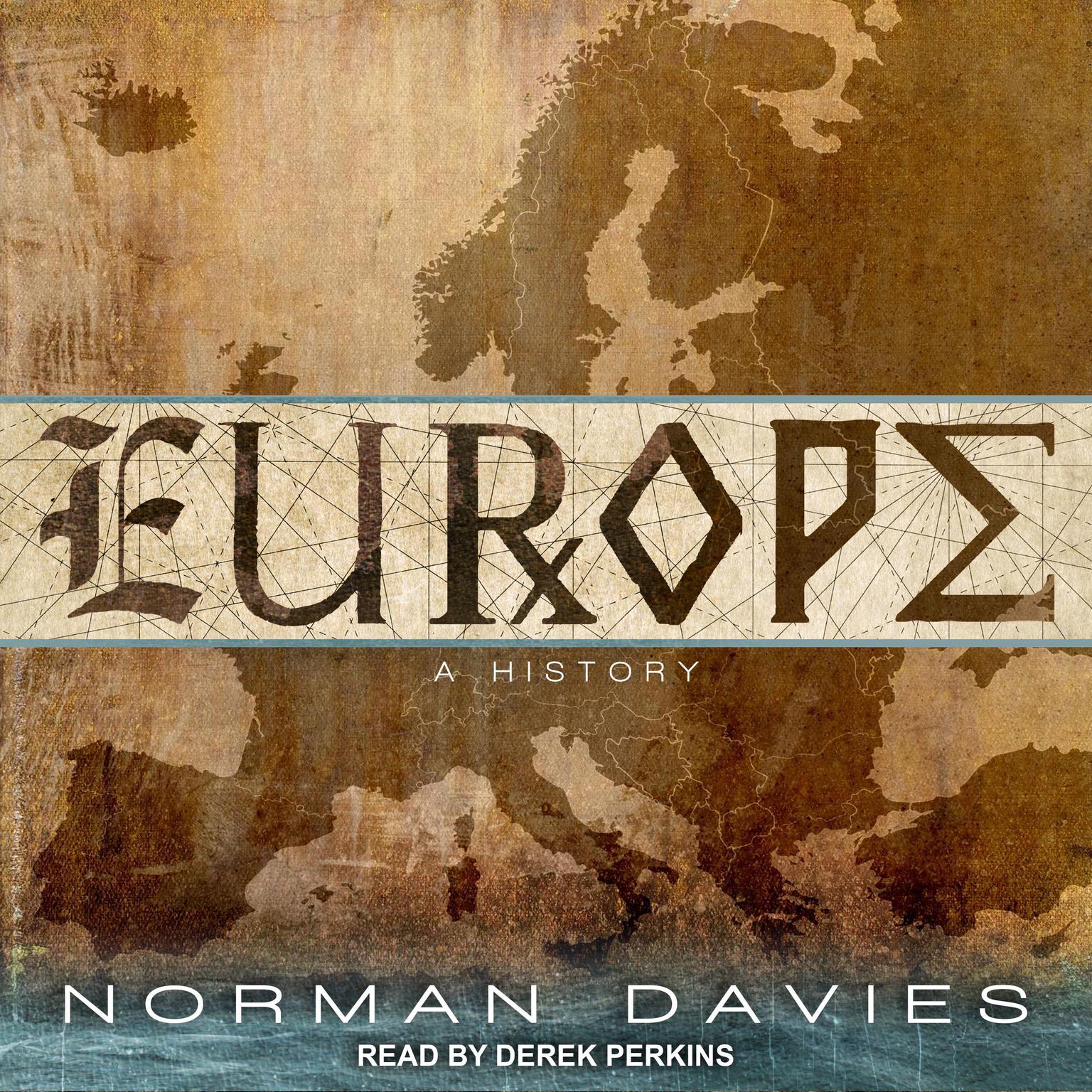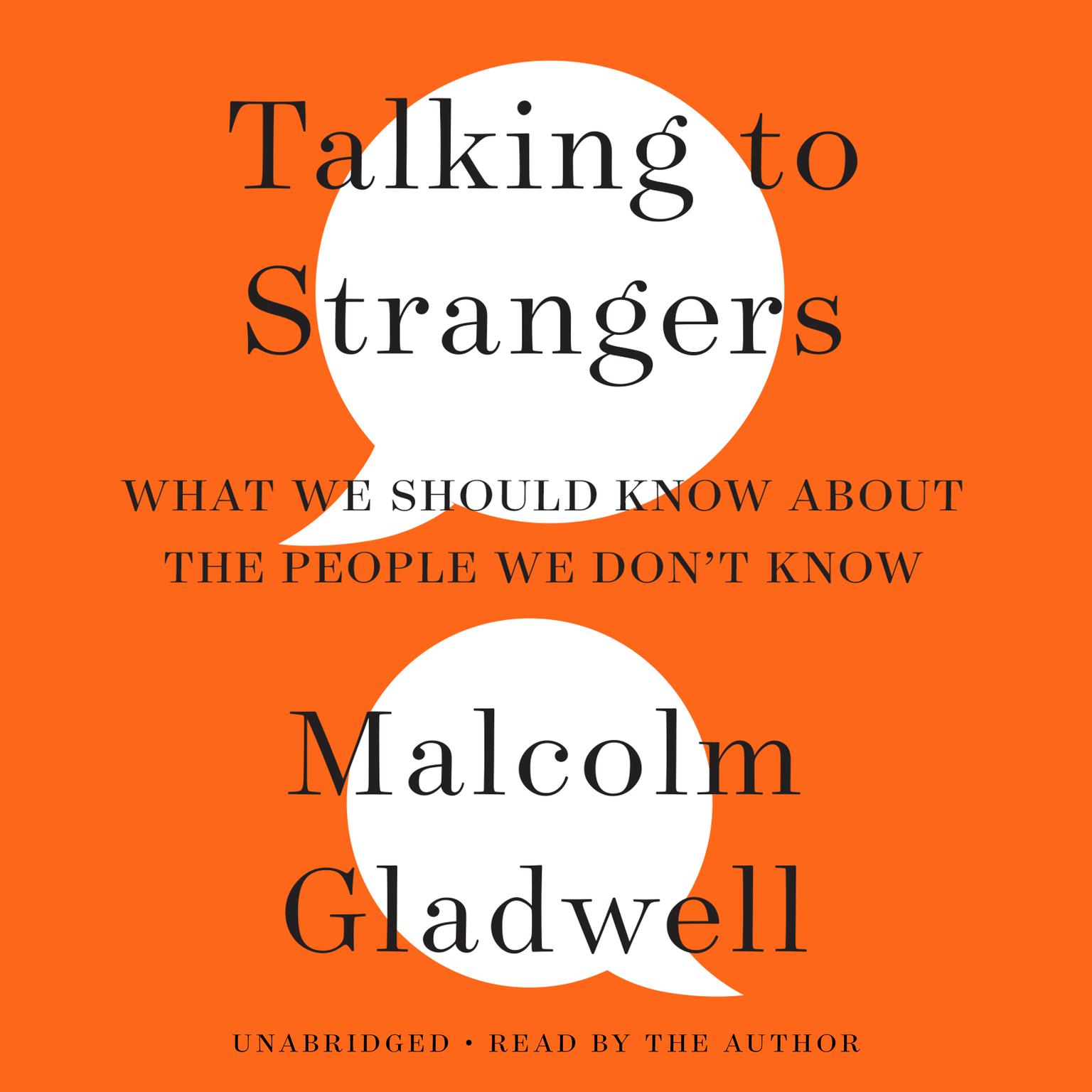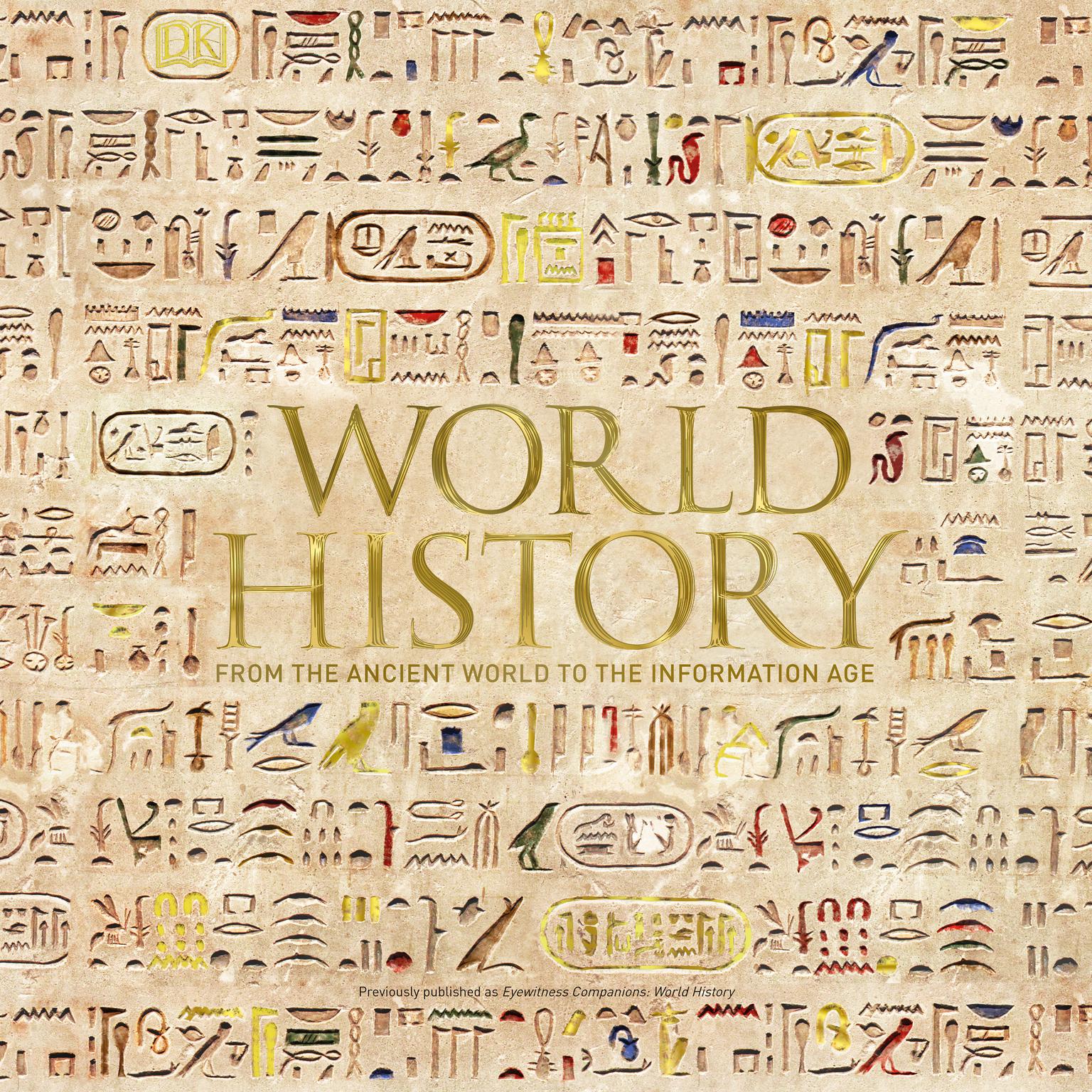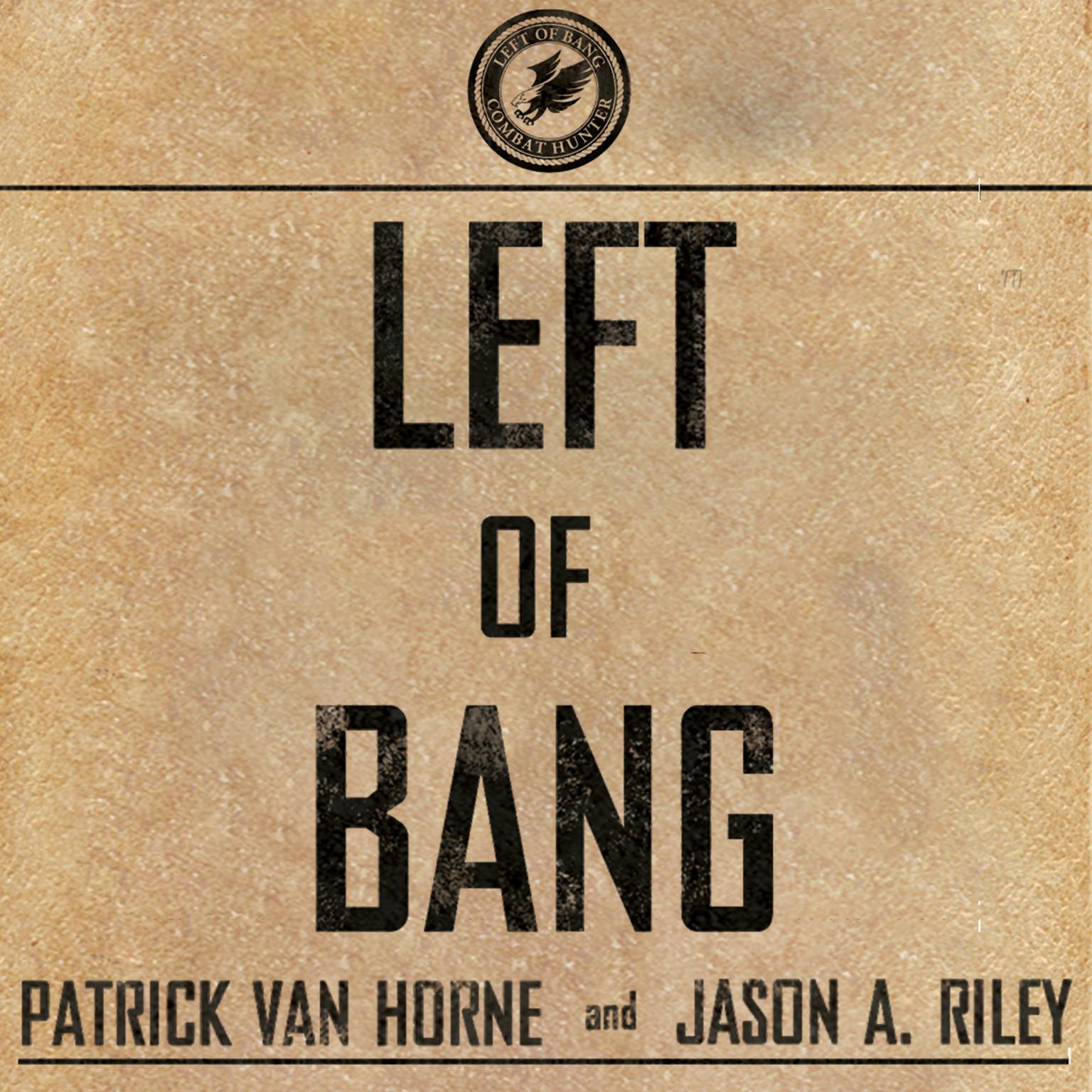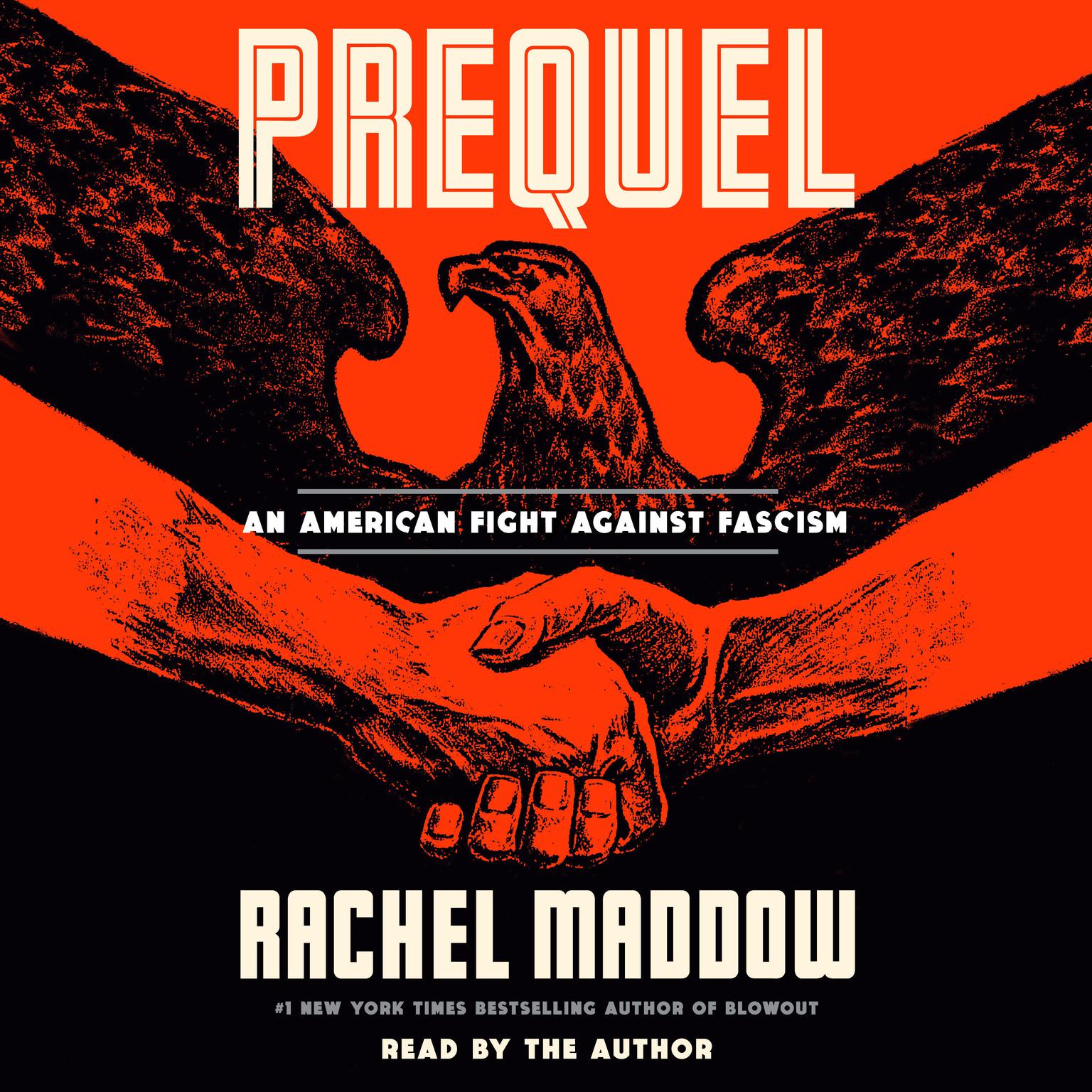Publisher Description
In 1971, a small-town high school baseball team from rural Illinois playing with hand-me-down uniforms and peace signs on their hats defied convention and the odds. Led by an English teacher with no coaching experience, the Macon Ironmen emerged from a field of three hundred and seventy teams to become the smallest school in Illinois history to make the state final, a distinction that still stands. There, sporting long hair, and warming up to Jesus Christ Superstar, the Ironmen would play a dramatic game against a Chicago powerhouse that would change their lives forever.
In a gripping, cinematic narrative, Sports Illustrated writer Chris Ballard tells the story of the team and its coach, Lynn Sweet, a hippie, dreamer and intellectual who arrived in Macon in 1966, bringing progressive ideas to a town stuck in the Eisenhower era. Beloved by students but not administration, Sweet reluctantly took over a rag-tag team, intent on teaching the boys as much about life as baseball. Inspired by Sweet’s unconventional methods and led by fiery
star Steve Shartzer and spindly curveball artist John Heneberry, the undersized, undermanned Macon Ironmen embarked on an improbable postseason run that infuriated rival coaches and buoyed an entire town.
Beginning with Sweet’s arrival, Ballard takes listeners on a journey back to the Ironmen’s historic season and then on to the present day, returning to the 1971 Ironmen to explore the effect the game had on their lives’ trajectories—and the men they’ve become because of it. Engaging and poignant, One Shot at Forever is a testament to the power of high school sports to shape the lives of those who play them, and it reminds us that there are few bonds more sacred than those among a coach, a team, and a town.
Download and start listening now!
“This story of a small-town high-school baseball team in 1971 benefits from the absence of too much detail and/or history of that part of the world and its people. The peace signs some player’s caps featured drew me in immediately. In 1971, on my home field, someone had scratched a large peace sign in the dirt, easy because there was not much grass. I used that peace sign to position myself, depending on the batter and pitcher. Anyone from a small town where in the past high school sports were the main entertainment will identify with the Macon Ironmen.”
—
Dale (5 out of 5 stars)
